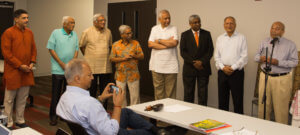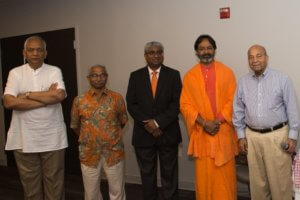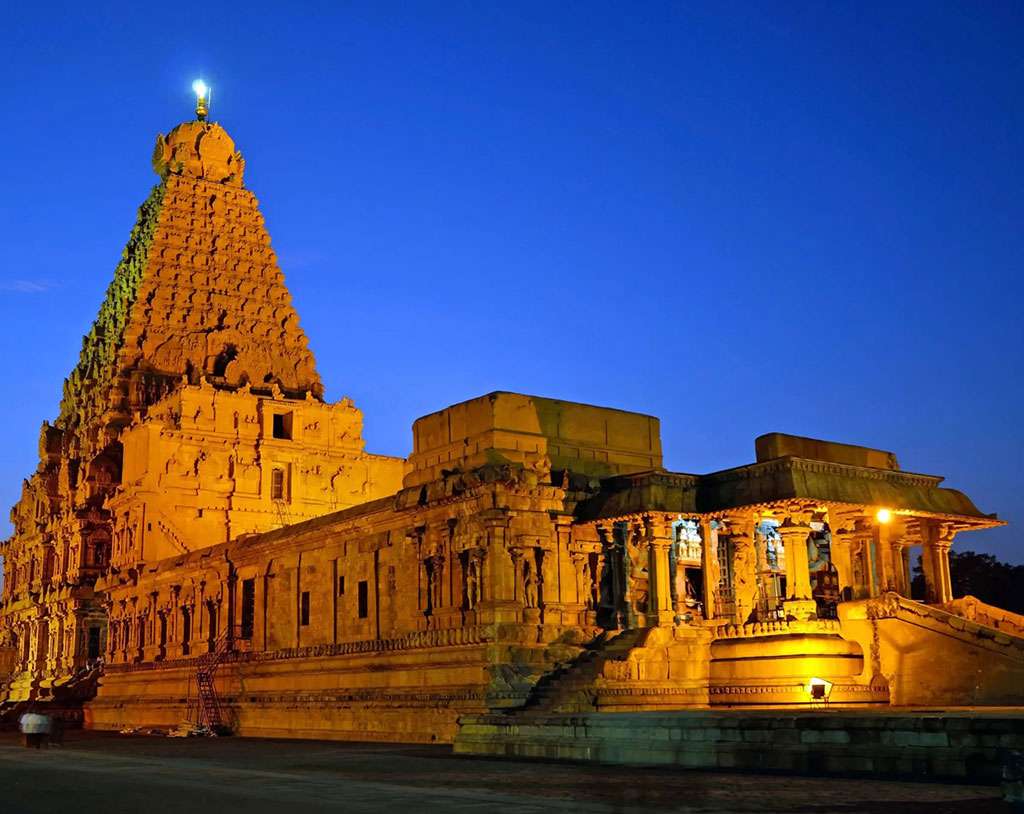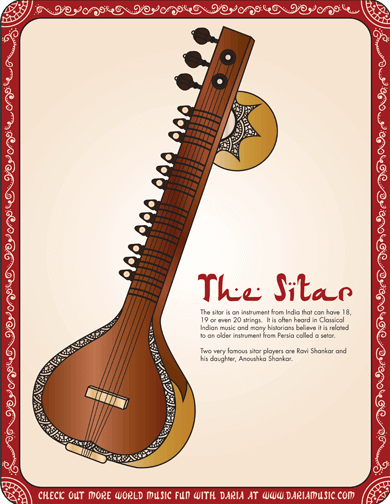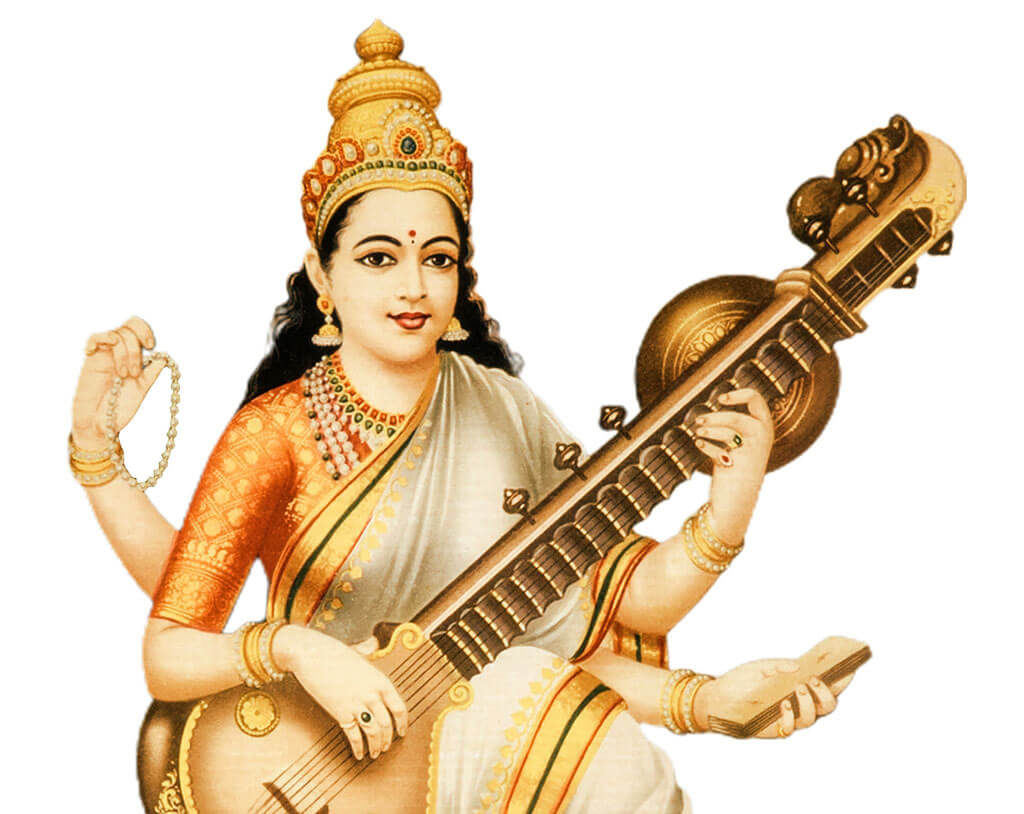Hindu Temples and Traditions
Course content:
Our goals are:
- To provide an overview of the various temple architectural styles across India.
- To provide an introduction to the history of temple building, patronage across the ages
- To provide an introduction to sthala-puranas and related local traditions
- Study temple clusters and the sacred geography of India
- Introduce basic vocabulary related to temple culture
- Introduction to the influence of Hindu Temple culture on the far East.
- A perspective on the Temple culture in the modern Hindu diaspora.
After completion of the course, the student will be able to:
- Discern the antiquity of Hindu temples and traditions
- Reflect on the significance of Hindu temples for Hindu life
- Acquire a simple vocabulary of terms related to Hindu temples
- Recognize basic elements of temple architecture
- Appreciate the Hindu calendar as it relates to temples
- Place the lives of Kings, Yogis and Musicians in the context of Hindu temple traditions
- Develop an appreciation for temple related literature
Curriculum Overview:
This course will provide a cultural immersion into the world of Hindu Temples with a set of reading and guided research assignments. The overview course will perform the ambitious task of integrating various piceces of history related to temples covering the diverse sacred geography of India. It will strive to emphasize commonalities across diverse regions.
Course Description
Module 1 Overview of Hindu Temples Topics:
- A geographical overview of temples and traditions across India
- A historical overview of the temples of India
- Diaspora temples
Module 2 Hindu Temple Architecture and History Topics:
- The Nagara Style of Temples
- The Dravida Temple Architecture
- The Vesara style of temples
- Temples of the Western Ghats
- Evolution of Temple Architecture
- The Pallava, Chola, Pandya, Hoysala and Vijayanagar Contribution to temples
- The Kalinga, Rashtrakoota, Chandela contribution to temples
- The Bhakti movement in Tamilnadu
- The Bhakti movement of the 2nd millennium.
Module 3: Hindu Temple Traditions Topics:
- Temples and references in Puranas
- Sthala Puranas or Local Traditions
- Temple Clusters – Abodes of Shiva
- Temple Clusters – Abodes of Vishnu
- Temple Clusters – Shakti Pitham
- Temple Clusters – Other
- Festival Traditions – The Bhrahmotsavam
- Worship Traditions – Agamas
- Temples and Music
- Temples and Dance – The Devadasi Tradition
- Current State of Temple Worship
Area of Study: Texts and Traditions
Prerequisites: None
Faculty/Instructor: Dr. Kanniks Kannikeswaran
Start Date: October 11, 2022
End Date: December 20, 2022
Day: Every Tuesday
Time: 08:00 pm EST – 9:30 pm EST
Quarter Offered: Fall 2022







